
Local Organisations
Ngā rōpū whakahaere tūtata
Council works closely with our communities and local organisations to deliver climate and biodiversity actions. This includes funding community groups and projects that focus on district-level emissions reduction, climate change education, biodiversity regeneration and resilience.
-
Ways you can get involved
-
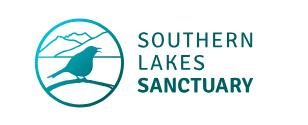 Southern Lakes Sanctuary
Southern Lakes SanctuaryThe Southern Lakes Sanctuary protects an unrivalled array of natural taonga in the breath-taking catchments of Lakes Wānaka and Whakatipu. It does this through enduring partnerships with local community groups, iwi, business and government.

-
 Sustainable Queenstown
Sustainable QueenstownSustainable Queenstown is making a meaningful difference on the ground and enabling our community to do the same.
- Thinking globally - through our alignment to the UN SDG’s, focusing on Climate and Waste.
- Acting locally - through our local events, food redistribution and zero- waste event management.
- Enabling processes for change - through facilitated action, advocacy and advice, working in partnerships and through our connections.

-
 Wao Aotearoa
Wao AotearoaWao: Māori kupu/word for forest or "Working as One" - We want New Zealand to be fair, regenerative, diverse and interconnected with a strong ecological ceiling and social foundation. We coordinate with other local organisations and groups to help our communities transition to a more sustainable future through inspiring events and impactful programmes and projects.

-
 Community Networks/LINK
Community Networks/LINKCommunity Networks/LINK is the Upper Clutha's one-stop community support and connection centre, supporting our growing community across the full welfare spectrum. We work to provide information and support; connect and collaborate; and build resilient community through development projects and cross-sector collaboration.

-
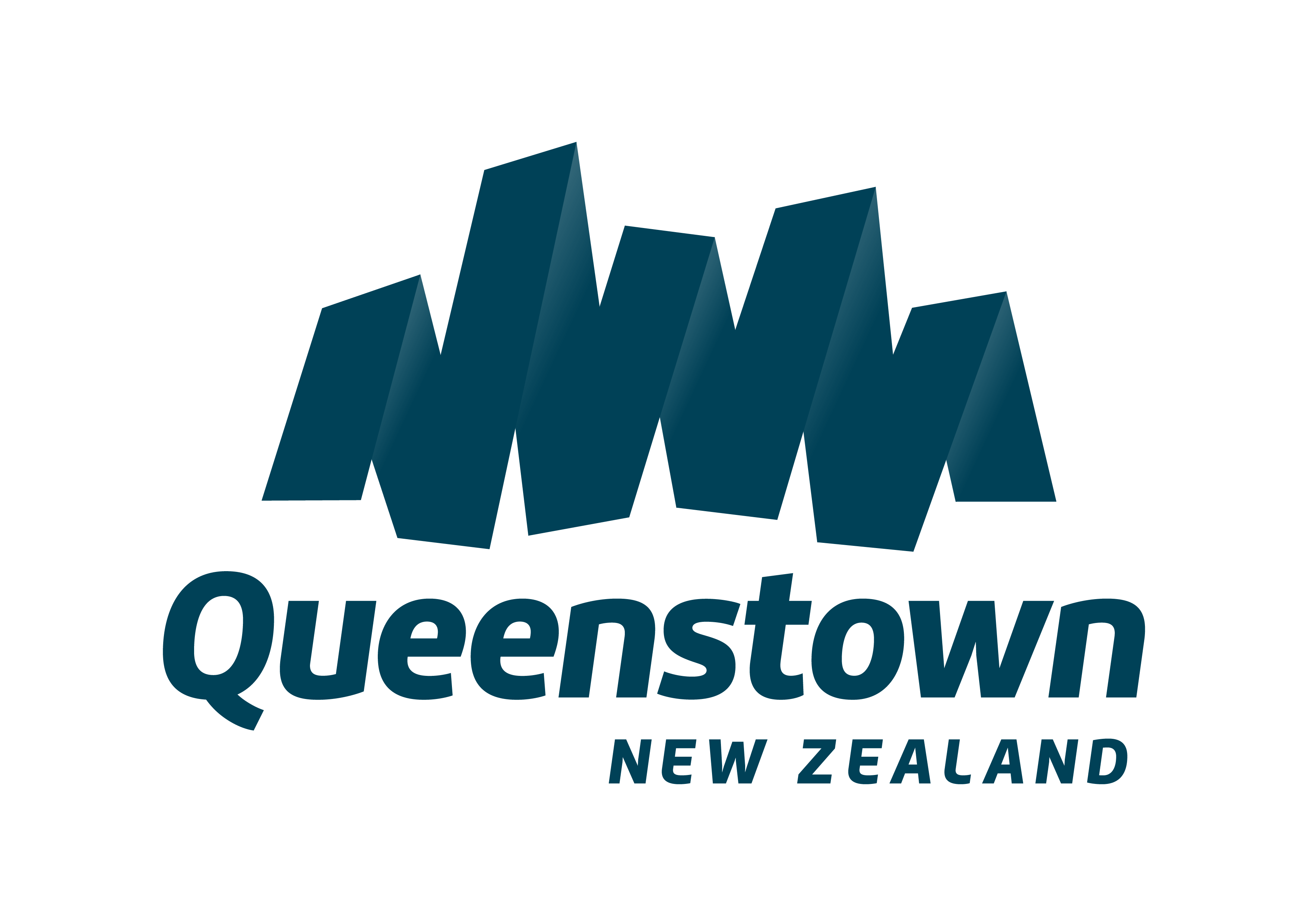 Destination Queenstown
Destination QueenstownDestination Queenstown (DQ) is a Regional Tourism Organisation (RTO) and is responsible for destination marketing, domestically and internationally, as well as destination management.

-
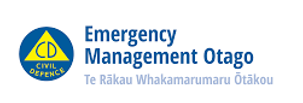 Emergency Management Otago
Emergency Management OtagoEmergency Management Otago coordinates how the Otago region prepares for, responds to, and recovers from emergencies such as floods, earthquakes, severe weather, and other disasters. It works with local councils, emergency services, iwi, and community groups to reduce risks, provide public warnings and information, manage emergency responses, and support communities during recovery so people are safer and more resilient.

-
 Kiwi Harvest
Kiwi HarvestKiwiHarvest's mission is to help Aotearoa’s population become 100% food secure, ensuring every man, woman and child has access to enough good, nutritious food each and every day.

-
 Lightfoot
LightfootThe Lightfoot Initiative Charitable Trust grew out of the increasing sense of urgency we have about climate change. Lightfoot’s purpose is to benefit communities within the Queenstown Lakes District by supporting the development and use of safer, healthier and more sustainable transport networks that encourage widespread mode shift and greater community connection.

-
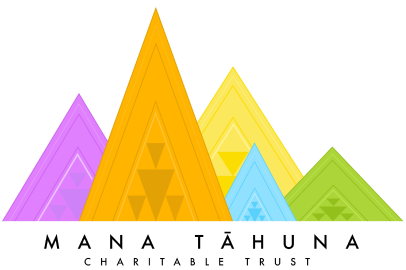 Mana Tāhuna
Mana TāhunaMana Tāhuna Charitable Trust is a kaupapa Māori organisation committed to positive social, cultural and environmental development for our community. It was established in 2020 and engages with over 250 whānau per month whilst also restoring 10,000 hectares of freshwater catchment in the Whakatipu.

-
 Superhome Movement
Superhome MovementThe Superhome Movement is a non-profit, industry-lead group creating transformative change in the New Zealand building industry through education, supporting good business & lobbying for change. Their goal is to raise standards so that all new homes are healthier and more energy efficient, while also promoting environmental, economic, and socially sustainable practices.

-
 Te Kākano
Te KākanoTe Kākano is a community native plant nursery. They grow eco-sourced native plants that are used for community planting projects. Their mission is to inspire community habitat restoration through propagation, education and hands-on participation.

-
 WAI Wānaka
WAI WānakaWao: Māori kupu/word for forest or "Working as One" - We want New Zealand to be fair, regenerative, diverse and interconnected with a strong ecological ceiling and social foundation. We coordinate with other local organisations and groups to help our communities transition to a more sustainable future through inspiring events and impactful programmes and projects.

-
 Wānaka Wastebusters
Wānaka WastebustersWanaka Wastebusters was set up by our community in 2000 with a mission to work towards zero waste in Wanaka and across the country.

-
 Whakatipu Reforestation Trust
Whakatipu Reforestation TrustWhakatipu Reforestation Trust embodies a vision to restore the native biodiversity of the Whakatipu Basin through revegetation projects, collaboration, education & advocacy.

-
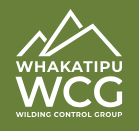 Whakatipu Wilding Control Group
Whakatipu Wilding Control GroupWhakatipu Wilding Control Group (WCG) work collaboratively to protect our outstanding natural landscapes and unique alpine biodiversity from wilding pine threats, by reducing spread and removing seed sources.

-
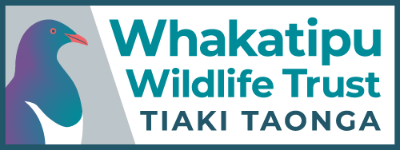 Whakatipu Wildlife Trust
Whakatipu Wildlife TrustThe Whakatipu Wildlife Trust (WWT) was formed in 2017 and serves as an umbrella organisation to connect, grow, and support the region’s predator-free efforts. They coordinate the efforts of over 70 trapping groups who are engaged in activities to help make the Queenstown Lakes District predator-free.

-
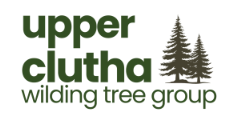 Upper Clutha Wilding Tree Group
Upper Clutha Wilding Tree GroupThe Upper Clutha Wilding Tree Group works with community groups and experienced contractors in the Wānaka and Hāwea areas to protect NZ native ecosystems and biodiversity from the threat of invasive plants like wilding conifers.

-
 Queenstown Electrification Accelerator
Queenstown Electrification AcceleratorThe Queenstown Electrification Accelerator (QEA) is a community-led energy initiative in the Queenstown Lakes District focused on rapidly transitioning homes, businesses, and the wider community from fossil fuels to efficient electric technologies like heat pumps, electric vehicles, solar power, and batteries. Its goal is to build a practical “2050 energy system” by 2030 that lowers energy bills, cuts emissions, and boosts resilience, while serving as a real-world blueprint and global example of how electrification can benefit local economies and communities.

-
 Lake Wānaka Tourism
Lake Wānaka TourismLake Wānaka Tourism is the official regional tourism organisation responsible for destination marketing and destination management, showcasing Wānaka as a world-class visitor destination. They support the local tourism industry through values-driven marketing, product development, and building resilience within the visitor economy.

-